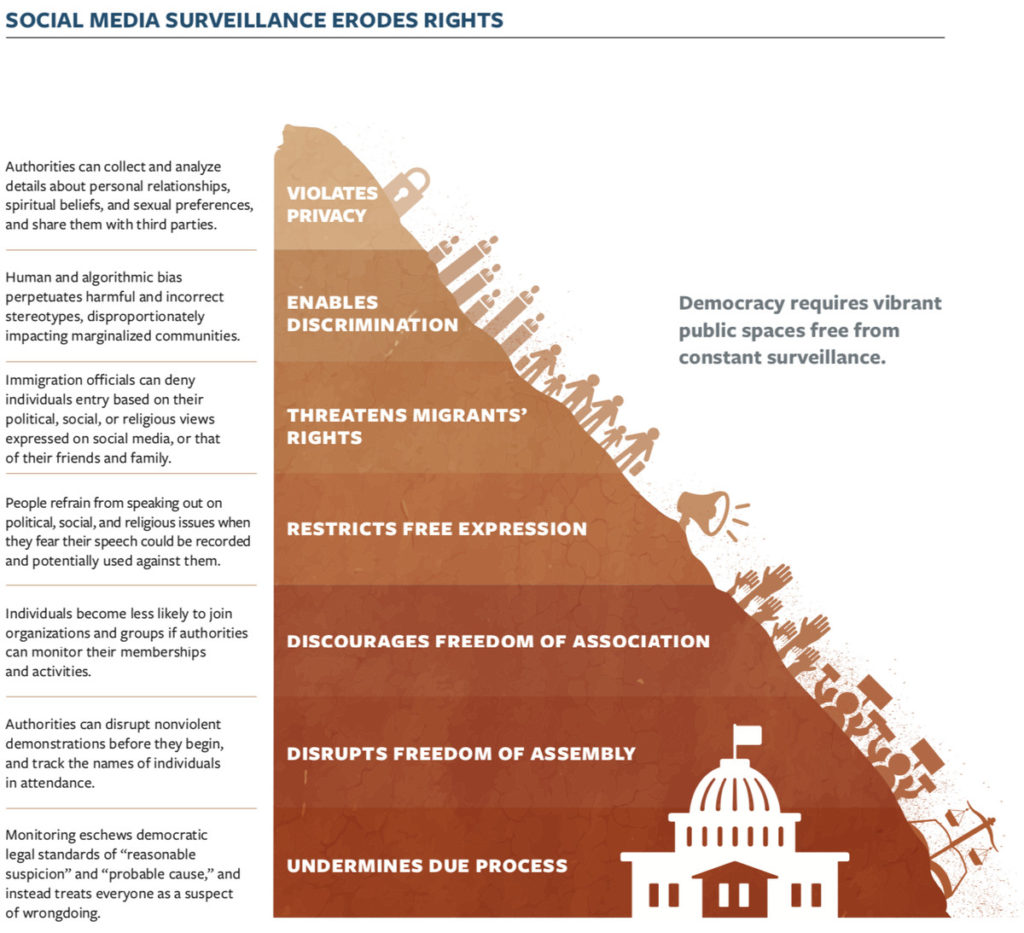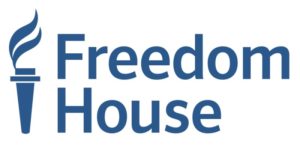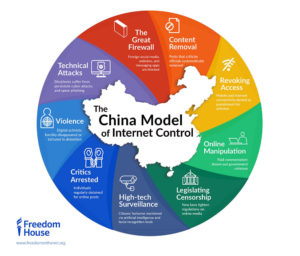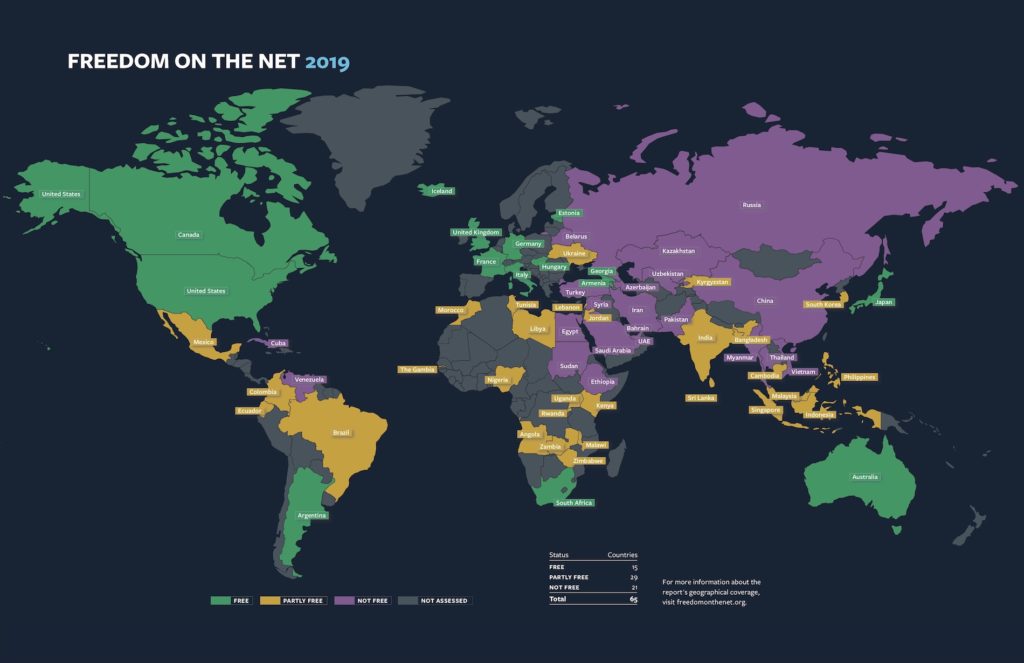
Digital platforms have emerged as the “new battleground” for democracy, with disinformation the most commonly used tactic to undermine elections, according to a leading watchdog.
“Populists and far-right leaders have grown adept not only at creating viral disinformation but also at harnessing networks that disseminate it,” according to the 2019 “Freedom on the Net” report from Freedom House. Individuals were arrested for political, social or religious speech online in 47 of 65 countries surveyed and subjected to physical violence for online activities in at least 31 countries.
Trojan horse for tyranny
 Disinformation is being employed by governments that would otherwise use censorship and site-blocking technologies. State and partisan non-state actors used disinformation and propaganda to distort facts and opinions during elections in dozens of states over the past year.
Disinformation is being employed by governments that would otherwise use censorship and site-blocking technologies. State and partisan non-state actors used disinformation and propaganda to distort facts and opinions during elections in dozens of states over the past year.
“Many governments are finding that on social media, propaganda works better than censorship,” said Mike Abramowitz, president of Freedom House. “Authoritarians and populists around the globe are exploiting both human nature and computer algorithms to conquer the ballot box, running roughshod over rules designed to ensure free and fair elections.”
Iceland and Estonia remained at the top of the internet freedom rankings, with China and Iran rated the least free. The most pronounced declines were in Sudan and Kazakhstan, followed by Brazil, Bangladesh, and Zimbabwe. Progress was measured in 16 countries, with Ethiopia registering the largest gains.
“Our two main themes this year were looking at how governments are using social media to undermine their own elections and also monitor their citizens,” said Allie Funk, co-author of the report. “We found that domestic actors – whether that be government or politicians that are seeking to be elected – actually used the internet to undermine a fair and free election in their country.”

Freedom House
There are two main reasons for the decline in internet freedom: greater online election interference and more government surveillance — both of which leverage the power of social media, the report finds. Almost three billion people are under surveillance by governments and law enforcement, as monitoring technology becomes more advanced and more affordable.
“The future of internet freedom rests on our ability to fix social media,” said Adrian Shahbaz, the group’s research director for technology and democracy. “This is the only way to stop the internet from becoming a Trojan horse for tyranny and oppression,” he said.
Key Findings:
- Declines outnumber gains for the ninth consecutive year. Since June 2018, 33 of the 65 countries assessed in Freedom on the Net experienced a deterioration in internet freedom. The biggest score declines took place in Sudan and Kazakhstan, followed by Brazil, Bangladesh, and Zimbabwe. Improvements were measured in 16 countries, with Ethiopia recording the largest gains.
- Internet freedom declines in the United States. US law enforcement and immigration agencies increasingly monitored social media and conducted warrantless searches of travelers’ electronic devices, with little oversight or transparency……
- China is the world’s worst abuser of internet freedom for the fourth consecutive year. Censorship reached unprecedented extremes in China as the government enhanced its information controls ahead of the 30th anniversary of the Tiananmen Square massacre and in the face of persistent anti-government protests in Hong Kong.
 Digital platforms are the new battleground for democracy. Domestic state and partisan actors used propaganda and disinformation to distort the online landscape during elections in at least 24 countries over the past year, making it by far the most popular tactic for digital election interference…..
Digital platforms are the new battleground for democracy. Domestic state and partisan actors used propaganda and disinformation to distort the online landscape during elections in at least 24 countries over the past year, making it by far the most popular tactic for digital election interference…..- Governments harness big data for social media surveillance. In at least 40 out of 65 countries, authorities have instituted advanced social media monitoring programs. These sophisticated mass surveillance systems can quickly map users’ relationships; assign a meaning to their social media posts; and infer their past, present, or future locations….
- Free expression is under assault. A record high of 47 out of 65 countries featured arrests of users for political, social, or religious speech. Individuals endured physical violence in retribution for their online activities in at least 31 countries.
- Authorities normalize blanket shutdowns as a policy tool. Social media and communication applications were blocked in at least 20 countries, and telecommunications networks were suspended in 17 countries….
- More governments enlist bots and fake accounts to manipulate social media. Political leaders employed individuals to surreptitiously shape online opinions and harass opponents in 38 of the 65 countries covered in this report—another new high.
Despite the disturbing trends, Abramowitz cited positive examples of technology fueling democratic change, including in Lebanon, where citizens “are rallying their fellow citizens” for reforms.
Freedom House is supported by the National Endowment for Democracy, the Washington-based democracy assistance group.








